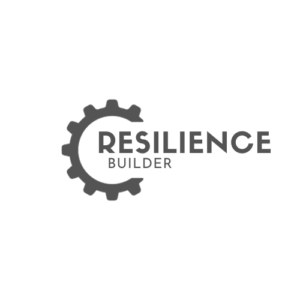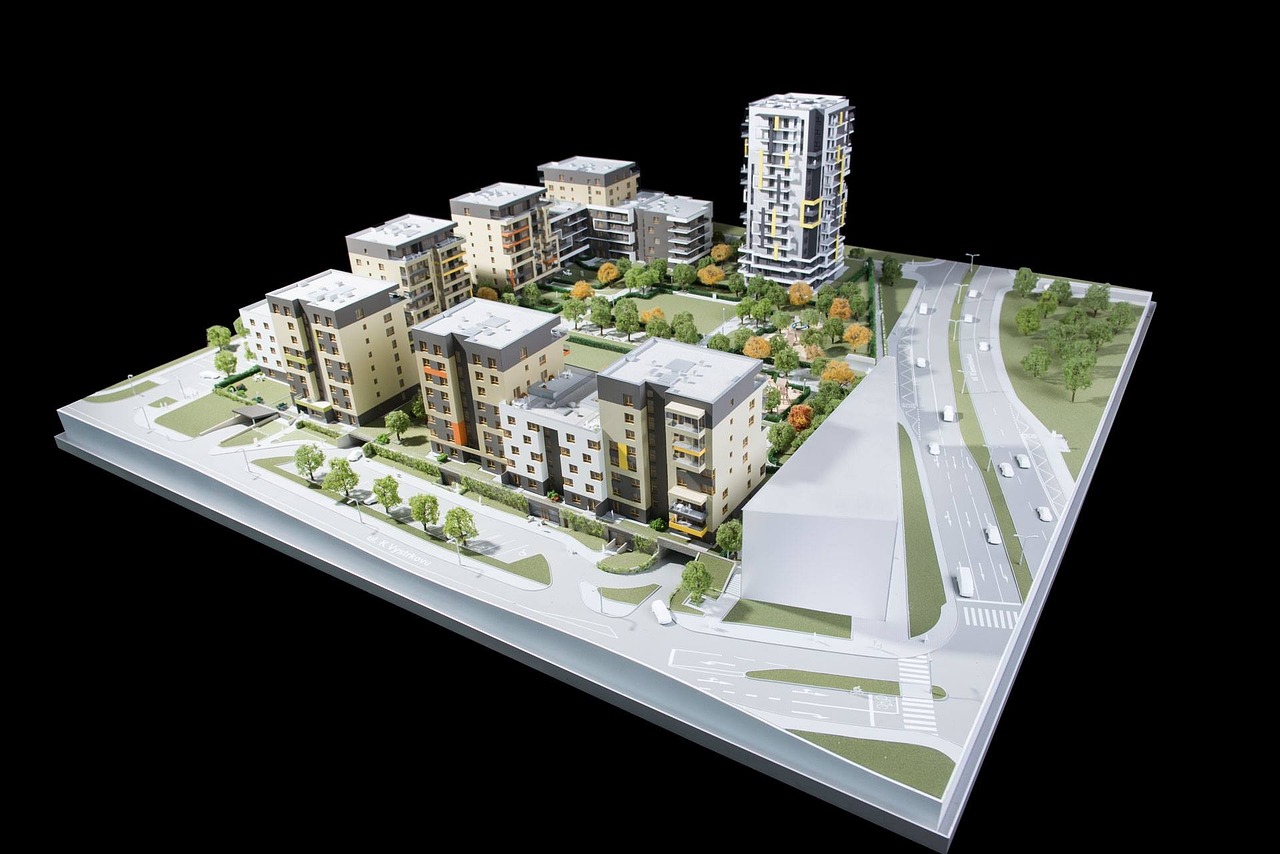The task of zoning, which involves designating specific areas of a town or city for various types of development and land use, is crucial yet often complex. For small communities with limited resources, leveraging artificial intelligence (AI) can dramatically simplify this process. AI not only enhances efficiency but also improves decision-making accuracy in zoning.
Automated zoning analysis refers to the use of AI technologies to analyze various data points related to urban planning and land use. By incorporating AI, town planners can automate mundane tasks, such as sorting through land use applications and assessing compliance with local zoning codes. More significantly, AI can predict future needs and simulate the impacts of zoning decisions, which are essential for sustainable development.
Benefits of AI in Zoning
Efficiency and Speed: AI can process large datasets quickly, reducing the time needed for zoning analysis from weeks to just a few hours.
Accuracy and Consistency: AI minimizes human errors and maintains consistency in interpreting zoning laws, which is crucial for fairness and legal compliance.
Predictive Insights: With predictive analytics, AI can provide forecasts based on historical data and trends, aiding in long-term urban planning and infrastructure development.
Enhanced Public Engagement: AI tools can create visual simulations of proposed changes, making it easier for the public to understand potential impacts and engage in the planning process.
Implementing AI in Zoning for Small Towns
For small communities, the introduction of AI into zoning practices requires careful planning and consideration. Here are some steps to effectively implement AI:
Initial Assessment: Evaluate the current zoning processes and identify areas where AI can be most beneficial.
Choosing the Right Tools: Select AI tools that are user-friendly and meet the specific needs of the community. Many AI solutions are designed to be intuitive, requiring minimal technical expertise.
Training and Support: Provide training for town officials and planners to familiarize them with the new technology. Ongoing support is essential to resolve any issues as they adapt to the AI tools.
Gradual Integration: Start with pilot projects to integrate AI slowly into zoning processes. This allows officials to gain confidence in the technology and make adjustments as needed.
While AI offers numerous benefits, it also comes with challenges. Data privacy, security, and the ethical use of AI are major concerns. Ensuring transparency in AI-driven decisions is critical to maintain public trust. Additionally, small towns must consider the initial investment in technology and training against the long-term benefits.
Adopting AI for zoning analysis represents a significant advancement for town planning, particularly for communities with limited resources. By automating complex processes and providing deep insights into land use implications, AI enables more strategic planning and community development. As technology continues to evolve, small towns have a unique opportunity to become more efficient, sustainable, and inclusive in their planning efforts. Embracing AI in zoning is not just about keeping up with technology—it’s about setting up a community for a successful, adaptive future.



